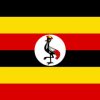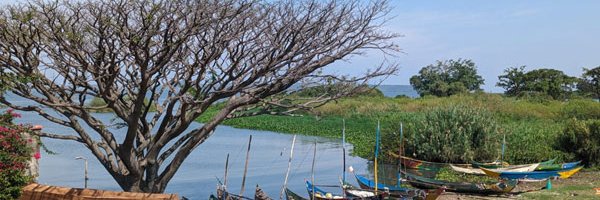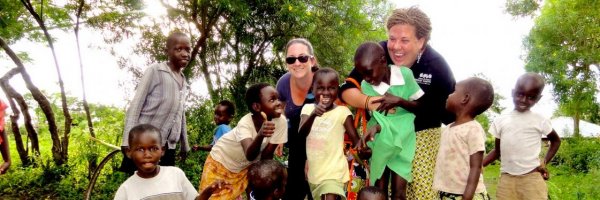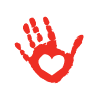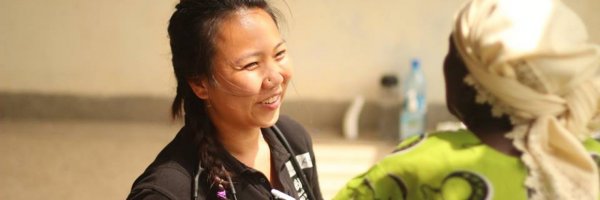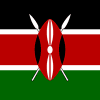World Youth International are proud to announce that our Odede Community Health Centre is one of the first medical facilities in Kenya to roll out a new form of malaria prevention; a childhood vaccine.
The vaccine, known as RTS,S, is being made available to children up to 2 years of age across Kenya, Ghana and Malawi – all who have the highest rates of malaria cases in the world. Malaria remains one of the world’s leading killers, claiming the life of one child every two minutes. Most of these deaths are in the African region, where more than 250,000 children die from the disease every year. In 2018, the region was home to 93% of malaria cases and 94% of malaria deaths.
While countries across the globe are responding to the COVID-19 pandemic, cases of the coronavirus in malaria-affected countries such as Kenya currently represent only a small proportion of the global total. The World Health Organisation has highlighted the critical importance of sustaining efforts to prevent, detect and treat malaria, using best practices to protect health workers and communities from the COVID-19 infection.
The Malaria Vaccination program is being carried out as part of a national strategy led and funded by the Ministry of Health with the aim to eventually eradicate Malaria.
“The malaria vaccine has the potential to save tens of thousands of children’s lives,” said Dr Tedros Adhanom Ghebreyesus, World Health Organisation Director-General in an article about the introduction of the new vaccine in Africa.
At the Odede Community Health Centre, the vaccine is being administered to children when they are 6, 7, and 9 months old, and then repeated when they are 2 years old. The Health Centre began implementing this service for children in September 2019. As of the end of March 2020, over 245 children have been involved in the program.
The vaccine is administered by qualified nurses, all who must undergo a thorough training, produced by the World Health Organisation, on the correct storage, dosage, route of administration, adverse effects and management of the side effects before they can be involved in the program.
Nurse Shakila, who is currently the Head of the Odede Community Health Centre’s Maternal & Children's Health department, completed the required training last August and is confident that this vaccine is the best preventative measure against Malaria.
“This vaccine is a much stronger method as getting parents to use mosquito nets properly in their homes, and to bring their children into the hospital for medical attention as soon as they fall sick, is proving very difficult. This is surely the best way to protect children from the deadly malaria. Hopefully a vaccine can be developed to give to expectant mothers too,” said Shakila.
Jane, a mother of three who delivered her third child at the Odede Community Health Centre, has been involved in the vaccination program.
“My son John is now 8 months old and has already received two jabs. I am very glad that finally a vaccine has been created, which will provide the much-needed protection for our children. I have had to come to the hospital quite a lot with my other children before the vaccine was available so I am hoping John will not fall sick as regularly as my other children did,” said Jane.
Community leaders and health workers have been encouraging parents to ensure all the children of the target age receive the vaccine, stressing the importance and the long-term benefits. Australian nurses participating in World Youth International’s Nurses In Action program work alongside local Kenyan health professionals to educate the community on malaria and preventative methods, such as proper use of mosquito nets. By increasing malaria education, more families have been willing to invest some of their small incomes towards purchasing mosquito nets.
For adults, Malaria can mean having a fever, feeling very sick, and even being admitted to hospital; all of which has a devastating impact on their ability to work and earn an income. With most families in Odede living in extreme poverty, an adult’s inability to work can mean entire families suffer. For school-aged children, Malaria means missing school. Education is crucial for breaking the cycle of poverty so many families have lived in for generations in Odede. For most families, their children are the first generation to be literate, and to have access to education at all.
Fred Mito, the Director of the Odede Community Health Centre, was born and raised in the village of Odede and has seen the devastating impact the illness has had on his community.
“Malaria is the biggest disease to burden the community of Odede every day. It keeps recurring and affects all people across the ages and genders. The most vulnerable are the children and expectant mothers. It reduces the ability of families to work in their farms and produce food for their households. Children miss school quite often as they remain home, down with malaria,” said Fred.
“If malaria rates reduce, the families’ economic status would significantly improve, children’s school attendance would improve, and this would translate into a better future.”
Prior to the Health Centre opening in 2013, little was known about the health issues facing the community members living in Odede. Many cases of Malaria went untreated; something which is evident in the hundreds of yellow eyes of residents of Odede. When the white of a person’s eyes turns yellow, this is an indicator of jaundice. When your body breaks down too many red blood cells and your liver cannot keep up with the amount of bilirubin being produced, this builds up in your body instead. This condition is caused by conditions such as sickle cell anemia, and regular afflictions of Malaria.
“Walking around Odede, you will see hundreds of people, including many children, with the whites of their eyes being yellow. Malaria is not uncommon in Odede; everyone gets it, all the time. The people are almost used to having it, they expect it,” said Beryl, a local from Odede.
Malaria continues to be the biggest health issue in Odede, and for many Kenyan villages. However, continuing to invest in and uphold preventative methods such as access to mosquito nets, education, health data, testing, treatment and finally, the introduction of this life-changing vaccine will strongly impact the next generation.
~
External References:
- https://www.who.int/news-room/fact-sheets/detail/malaria
- https://www.who.int/news-room/detail/23-04-2019-malaria-vaccine-pilot-launched-in-malawi
- https://www.who.int/news-room/campaigns/world-malaria-day/world-malaria-day-2020
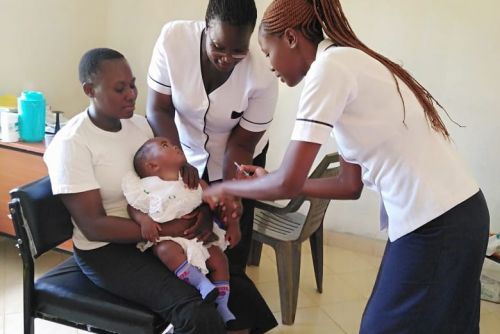
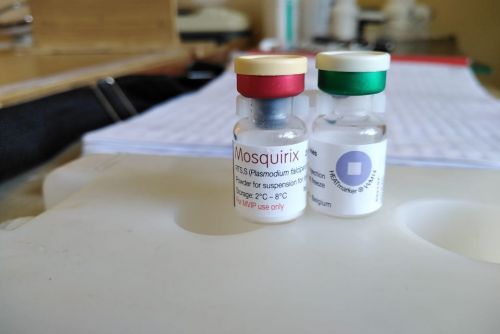
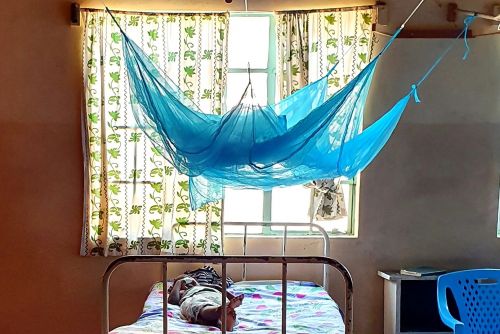
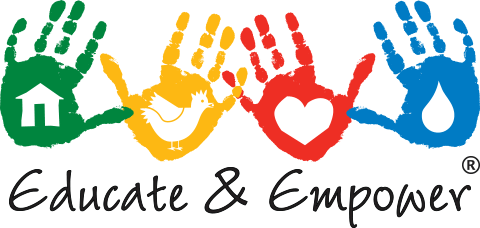 World Youth
World Youth
